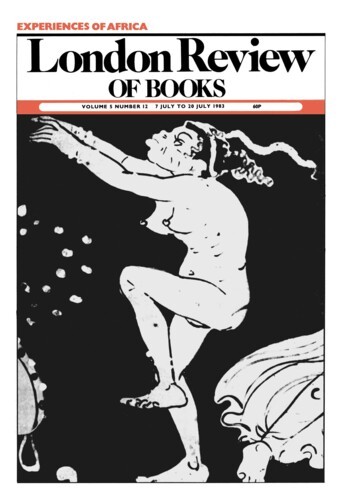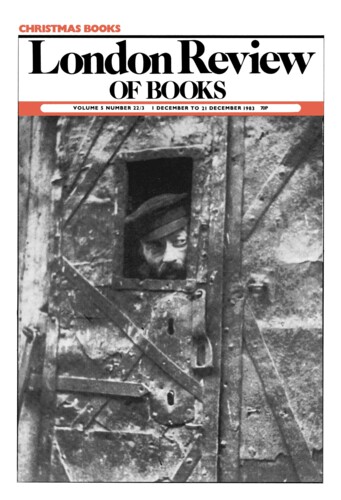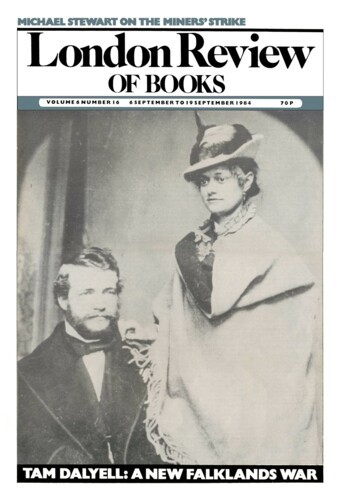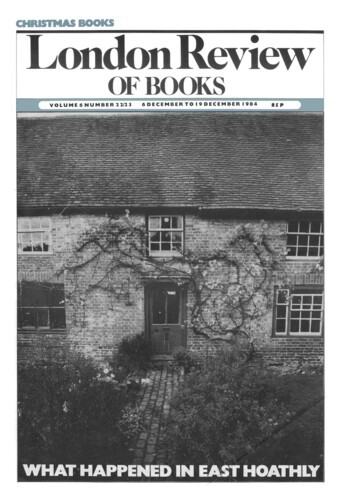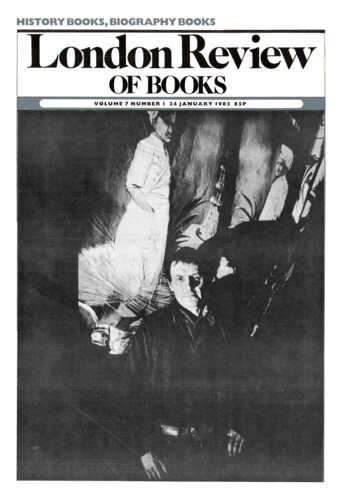Poem: ‘Noblesse Oblige’
Blake Morrison, 7 July 1983
Quels bons bras, quelle belle heure me rendront cette région d’où viennent mes sommeils?
Rimbaud
This is the excitement that ends in pain. Dark names stretch for you from their seedbed, Bronze statesmen harangue the crowded squares. All week you’ve driven round the capital In a blacked-out Volvo, testing the way. What is this new air,...
